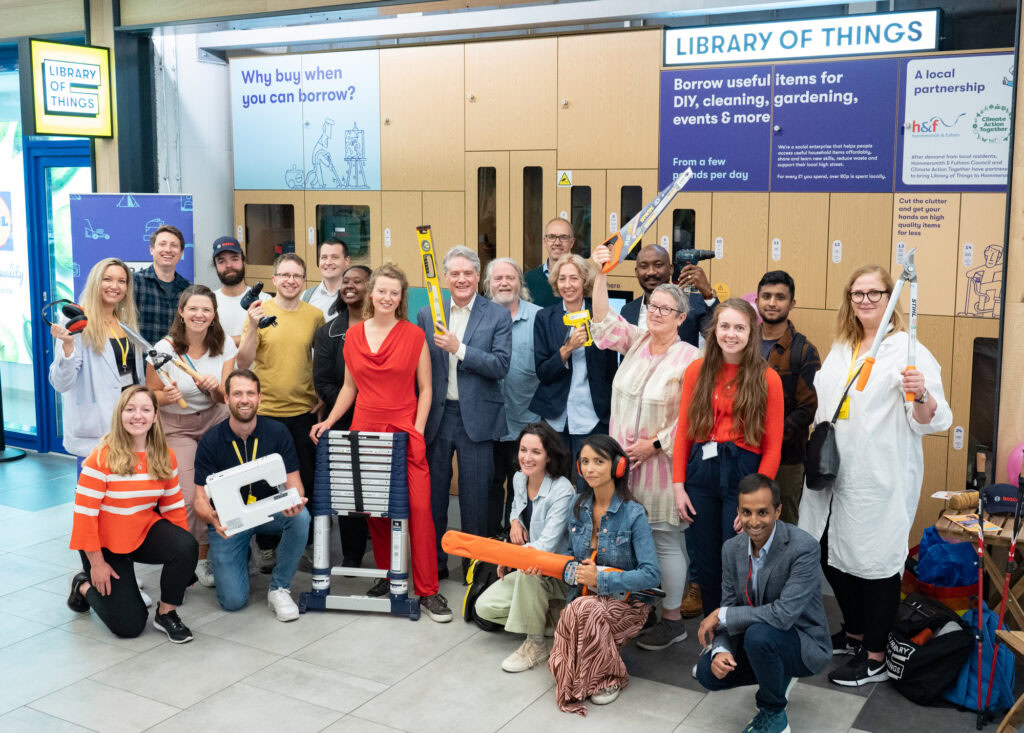The comments came from members of the Board during the WRAP's second annual Open Meeting for stakeholders.
Since the government's response to the Strategy Unit waste review in May 2003, WRAP has taken on a new role, on top of its original remit of expanding the UK markets for secondary materials (see letsrecycle.com story). Extra funding from the government, including 13 million from the Landfill Tax, will see WRAP involved in public awareness campaigns waste minimisation measures such as home composting and nappy laundry services.
Vic Cocker, WRAP chairman, said: “This is a new direction for WRAP, alongside the recognition of continuing our existing core activity of increasing the markets for recycling.”
WRAP's project expenditure had risen from 5m in its first year, to 15m in its second, Mr Cocker explained, saying that it was projected to be around 40m by the end of the forthcoming 12 months. The WRAP chair said there would be an emphasis on implementation as WRAP moved forward in the next year.
He said: “Right now it is time for delivery, and it is delivery that we at WRAP are focussed on, concentrating on our core work towards a stronger, healthier recycling industry that is more attractive to investors.”
Capacity
Chief executive Jennie Price told stakeholders that in capital projects, WRAP was already creating 800,000 tonnes a year of recycling capacity in the UK, with a further 2.1 million tonnes subject to European State Aid clearance. She said 40 research and development projects would see an extra 1.7 million tonnes capacity per annum is successful.
Ms Price said: “It would be extremely stupid of us to assume that market development is done. There is a big developing challenge there and we have split our management team so that more than half of it is still looking at market development.”
But some of the stakeholders who spoke to letsrecycle.com at the Open Meeting were concerned that WRAP might be taking on too much responsibility, which might divert the organisation from its core market development duties.
One stakeholder warned that with all the extra funding leading to an expansion of WRAP staffing levels, the organisation could be “sucking the expertise out of the rest of the waste and recycling sector”. This would be of particular concern because WRAP was at serious risk of duplicating work already going on in the sector, it was suggested – especially with the responsibilities and monitoring of the sector now being split between so many government departments, agencies, advisory bodies and other organisations.
Plastics
During the question and answer session following the presentations from the Board, questions were raised concerning WRAP's concentration on aggregates compared to materials of higher value, such as plastics.
Ms Price responded: “We are working on recycling aggregates because the government has asked us to. In terms of plastics, it is not difficult to recycle it, but there are difficult challenges surrounding it. Cracking those challenges is a very important programme for WRAP. We are going to focus very strongly this year on some of these barriers.”
Continued on page 2








Subscribe for free